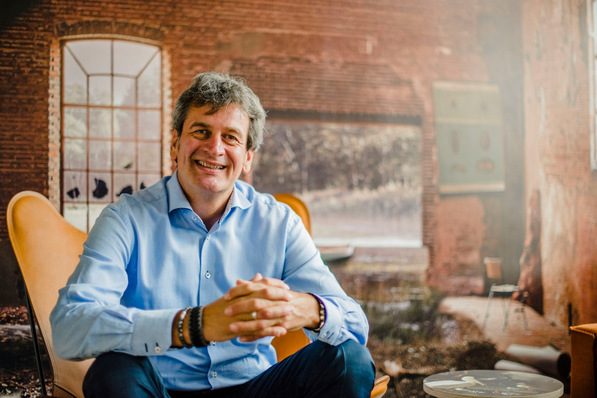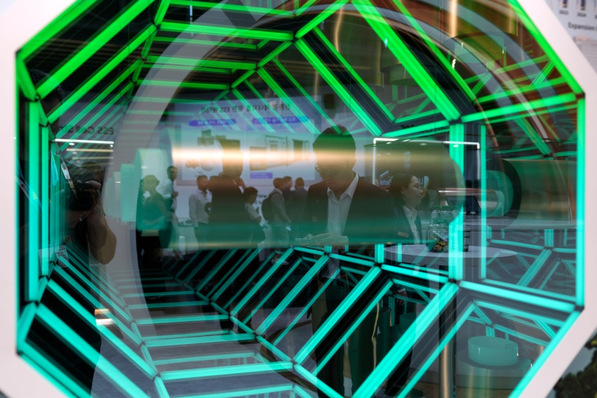According to the report, the opening of the production facility is an important step for Elevenes towards its interim goal of expanding the plant to a factory with a production capacity of 500 megawatt hours by 2024. According to McKinsey analysts, battery cell chemistries will be the most widely used worldwide by the end of this decade. These are used in various applications, including electric vehicles, e-buses and trucks, and energy storage systems.
Two gigafactories with 48 gigawatt hours
Elevenes' roadmap calls for the operation of two gigafactories with a total capacity of 48 gigawatt-hours over the next five years. By comparison, this is equivalent to the energy demand of one million electric vehicles per year. The market for LFP cells is expected to grow strongly in the next few years. In the last two years alone, global sales have increased more than ninefold. This makes the expansion of production capacities in Europe all the more important. Up to now, LFP cells have come mainly from China. "By producing our battery cells locally, we are contributing to reducing the global carbon footprint," said Nemanja Mikac, Managing Director of Elevenes.
See also: A modular storage unit with 48 volts
The advantage of LFP cells: They use neither nickel nor cobalt and are therefore safer, cheaper and more sustainable than conventional cells. Moreover, their lifespan is three times that of competing technologies. In addition to these general advantages, the battery cells offer a higher energy density at battery pack level compared to other LFP cell designs, according to manufacturer Elevenes.
Pure green power and materials from Europe
The company is committed to sustainable manufacturing and uses 100 per cent green power with a combo of hydro, wind and solar energy. The company also plans to source all the materials it needs from Europe, reducing the carbon footprint of its LFP cells. "We are pleased to support Elevenes in this project as it will help build a comprehensive and robust battery value chain in Europe," comments Thore Sekkenes, Programme Director for the European Battery Alliance at EIT Innoenergy. (nhp/mfo)
Also interesting: ZSW detoxifies production of electrodes for battery cells








